Hanukkah and Purim: What Do They Mean to the Christian Faith?
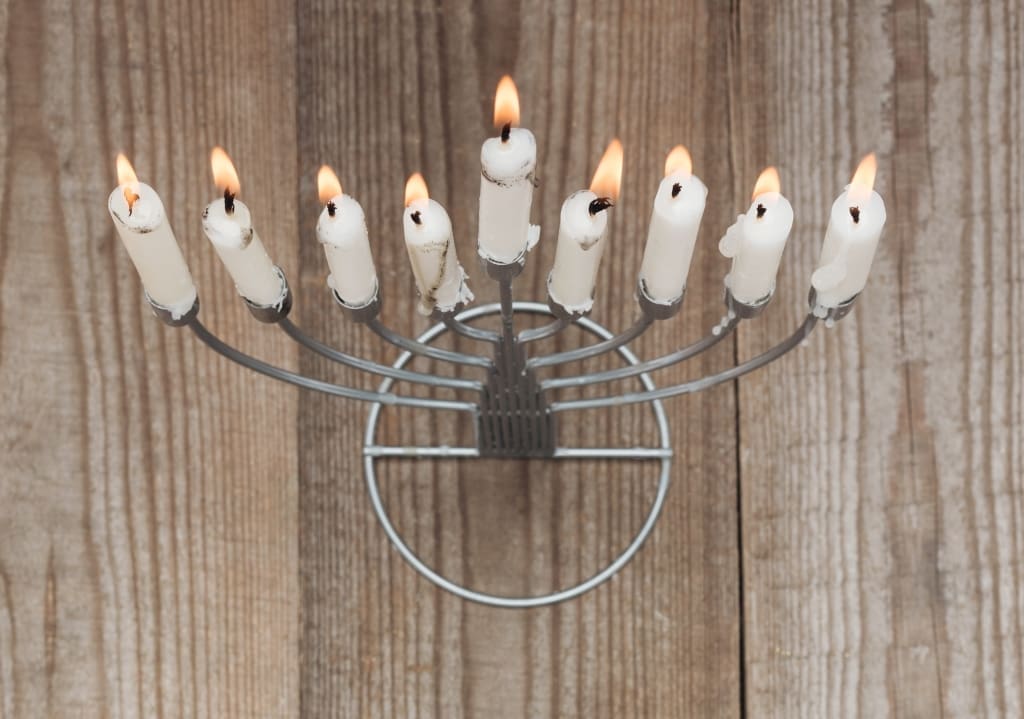
In addition to the seven biblically commanded feasts in Leviticus 23, some Christians observe Purim and Hanukkah. While these celebrations have been primarily Jewish throughout history, they offer a rich supplement to the faith of a Christian. They also serve to pass traditions on to the next generation that increase biblical understanding and, ultimately, understanding of God Himself!
Purim
The back story of Purim is the book of Esther. It’s an exciting story with plotting, scheming, suspense, and an unlikely hero. To summarize, God saved the Jewish people from destruction through Queen Esther, a young Jewish orphan, and Mordecai, the cousin who raised her. In Esther 9:20-22, Mordecai instituted Purim as an annual celebration to commemorate the deliverance of the Jews from the evil Haman who had plotted to destroy them. He said it would be a day of feasting, rejoicing, sending food gifts to one another, and giving gifts to the poor.
Purim doesn’t seem to have changed much since then. Lasting two days, it is still a joyful time of feasting. Gifts are still given to others, and charity is given to the poor. One of the most memorable Purim traditions is dressing up like characters from the story or wearing masks. Our Messianic Synagogue once had an Esther costume contest, and all the young women put on their best Queen Esther costume.

Another Purim tradition is reading the Megillah or the book of Esther. This reading is often done dramatically or theatrically, including omitting Haman’s name or booing each time his name is read.
Hamantachen are a traditional Purim dessert. They’re tri-cornered pastries with a sweet filling and are a tasty addition to the celebration. There are many different explanations for Hamantaschen being the official dessert of Purim, and the most common is that they’re made to represent Haman’s hat, ear, or pockets.
Aside from being fun to celebrate, why would a Christian be interested in celebrating Purim? What message does the book of Esther and, thus, Purim have for Gentiles? The simple answer is two-fold.
Having been grafted into God’s kingdom (Rom. 11:11-24), Christians are the Gentile version of God’s people, the Jews. The importance of the Jewish people to God cannot be overlooked when studying the Old Testament. It was God’s clear intention to send the Messiah to them (Rom. 1:16). Because many Jews rejected him as the Messiah, Gentiles, whose faith was in Jesus as Messiah, were then included in the Kingdom of God as well. This inclusion means that God’s promises, protection, and provision given to the Jewish people also apply to Christians. We celebrate His deliverance of the Jews in Esther’s time as our deliverance as God’s people.
The second reason Christians celebrate Purim is that it celebrates God’s faithfulness. As Christians, we are the living testimony to God’s eternal faithfulness, and that’s the hope we have to offer the Godless world. The story of Esther is just one of an endless list of examples of God’s protection and provision at a time that seemed hopeless for His people.

Hanukkah (Chanukah)
With many different spellings in English, Hanukkah is also called the Feast of Dedication or the Festival of Lights. It celebrates the rededication of the Second Temple following a miraculous victory by a small number of Jews against a large army determined to extinguish them. Jewish traditions were outlawed under the Hellenistic Syrian rule of Antiochus IV (Antiochus Epiphanes). The Temple scrolls were confiscated, and Sabbath observation, adherence to a Kosher diet, and circumcision were punishable by death!
When forced to eat pork or offer sacrifices to foreign gods, many Jews were tortured and put to death. Idols were placed in the Temple. In the writings of Josephus, The Wars of the Jews, it’s recorded that pigs were sacrificed on the Temple altar. Some Jews protected themselves by simply assimilating with the Hellenistic culture. A few hid from the Syrians in caves in the hills of Judea.
A few Jews led by Judah called Maccabee decided to fight for the Torah and their God. Of course, Antiochus sent men to defeat them, but they were instead victorious! Antiochus sent another group, again defeated, and then organized a larger war effort of 40,000 men. Judah and his men were again victorious over a series of battles, though the odds were against them.
Upon their return to Jerusalem, they removed the idols from the Temple. The story goes that they found the Temple menorah gone and had to make another one. There was only one day’s worth of oil to light the menorah, and it would take eight days to make more. Since the menorah is supposed to stay lit, this posed a problem. They lit the menorah with the oil they had, and it stayed lit for the eight days it took to make more oil – a miracle.
Hanukkah’s most noticeable symbol today is the Hanukkiah, a modified menorah with nine lights. One more light is lit each night of Hanukkah until all lights are lit on the last night of Hanukkah. The ninth light is used to light the other candles. Traditional foods during Hanukkah are cooked in oil (in reference to the Temple Menorah story). Latkes, a fried potato pancake, and jelly doughnuts called sufganiyot are popular during Hanukkah. Another common symbol for this festival – the dreidel – represents the dreidel game played during the eight-day celebration.
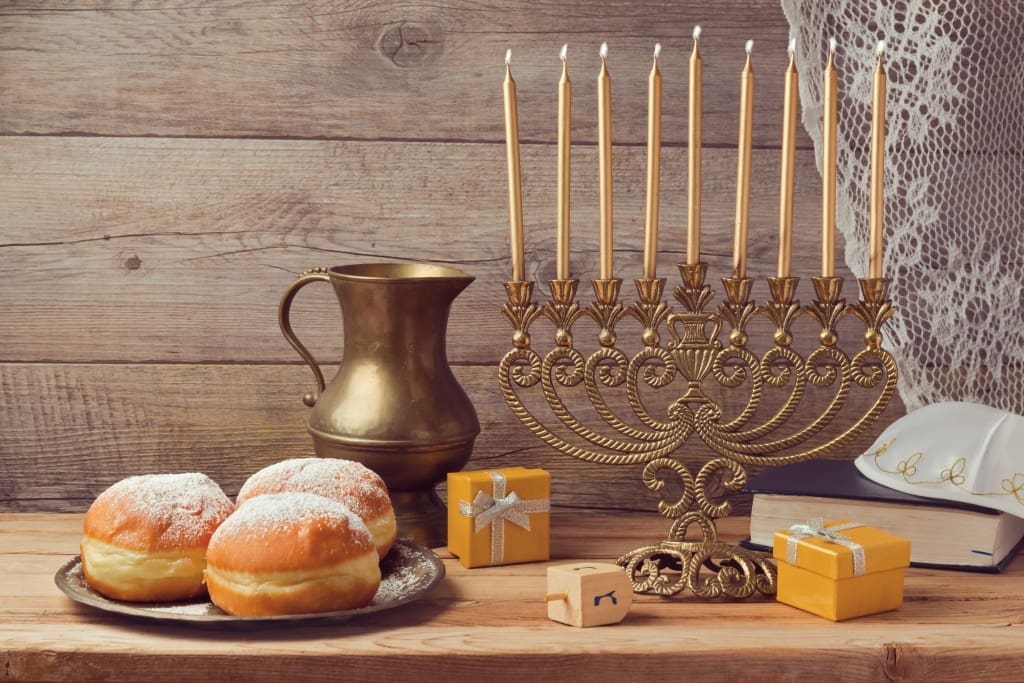
The story behind Hanukkah is not in the Protestant bible. It’s found in the first and second books of the Maccabees and combined with Jewish legend. Observing an occasion found in an extrabiblical source makes many Christians uncomfortable, but the historical story’s main conclusion is one Christians can fully embrace. Like the time of Esther, the Jewish people were again faced with extinction and seemingly impossible circumstances. And yet again, God preserved them through His own means, by His own plan, to show His glory.
Another reason Hanukkah holds meaning for Christians is that we, as God’s people, also face persecution. American Christians are comfortable now due to our freedom to worship, but it may not always be that way, and that isn’t the case currently for Christians elsewhere in the world. God’s people have been and will be persecuted throughout history, but the faithful of us will stand for our God despite even horrific circumstances.
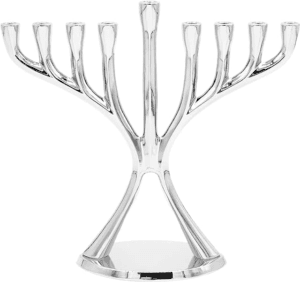
Hanukkah celebrates the cleansing and rededication of the Temple. It was cleansed of idols and desecration and rededicated to God as it was meant to be. This concept should cause a Christian to look inward. As Paul says in 1 Corinthians 6:19, our bodies are temples. As Christians, we should live our entire lives as a Hanukkah celebration – lives that celebrate our cleansing from sin through Jesus and our rededication to God as we accept him as our Savior and His Spirit lives in us! The Hanukkah story is a beautiful picture of the change that’s taken place in the souls of each Christian!
Furthermore, John 10:22-33 records Jesus celebrating the Feast of Dedication. If it was important enough to be observed by our Savior, it should also be important to us! On the Temple porch, he chooses this day to announce that he is the Messiah.
These two Jewish celebrations have much to offer when integrated into the Christian faith. Since Christians share a place with Jews in the Kingdom of God, Jewish religious festivals can also be meaningful to our faith. The messages of God’s sovereignty, deliverance, faithfulness, cleansing, and rededication are portrayed through stories and the celebrations they’re based upon. Observing Hanukkah and Purim has grown my family spiritually, and I believe it will benefit yours as well!


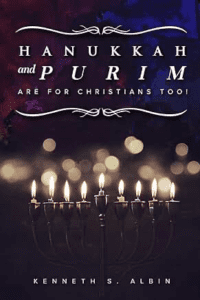

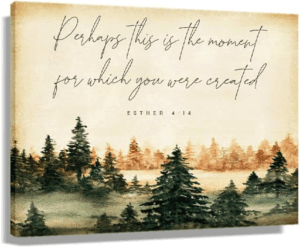
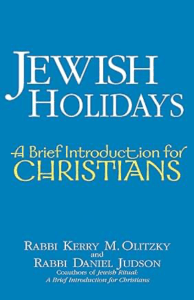



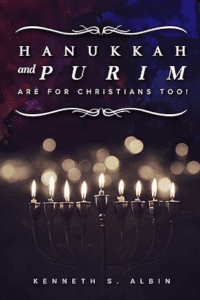

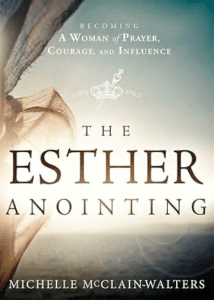
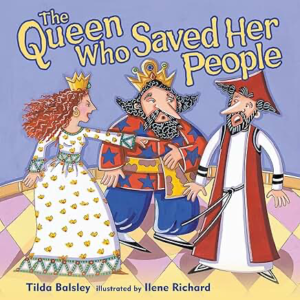


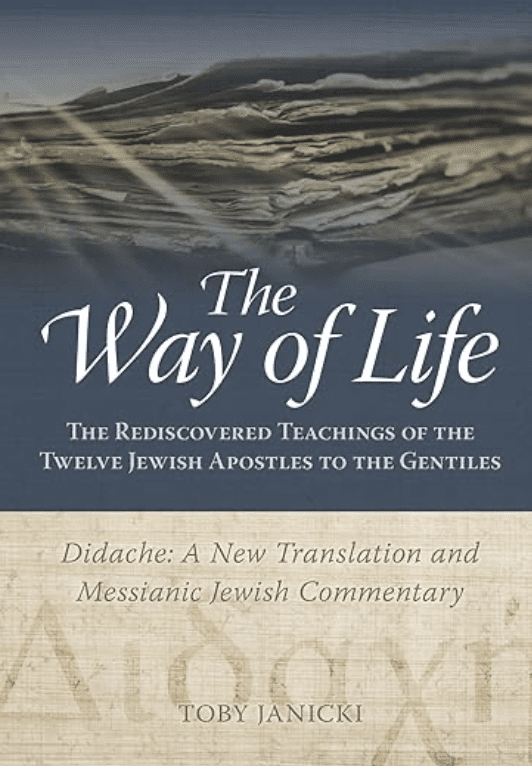
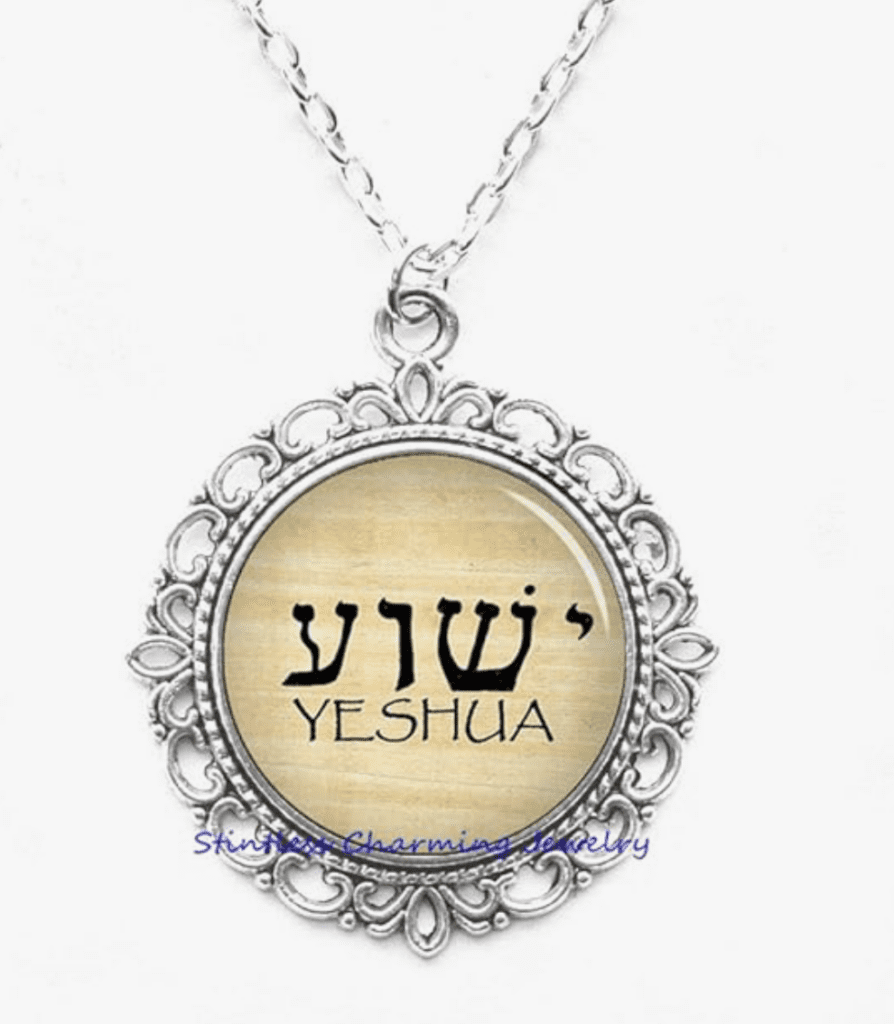

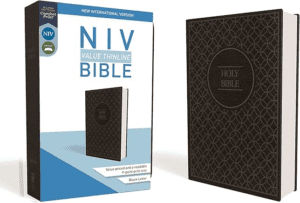
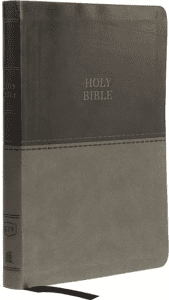



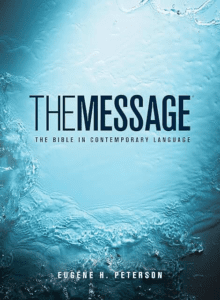
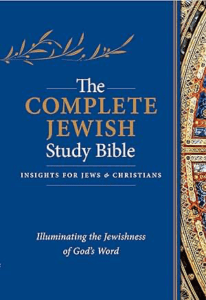
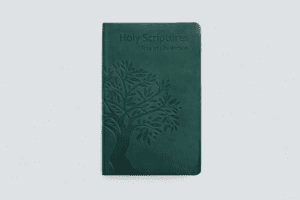


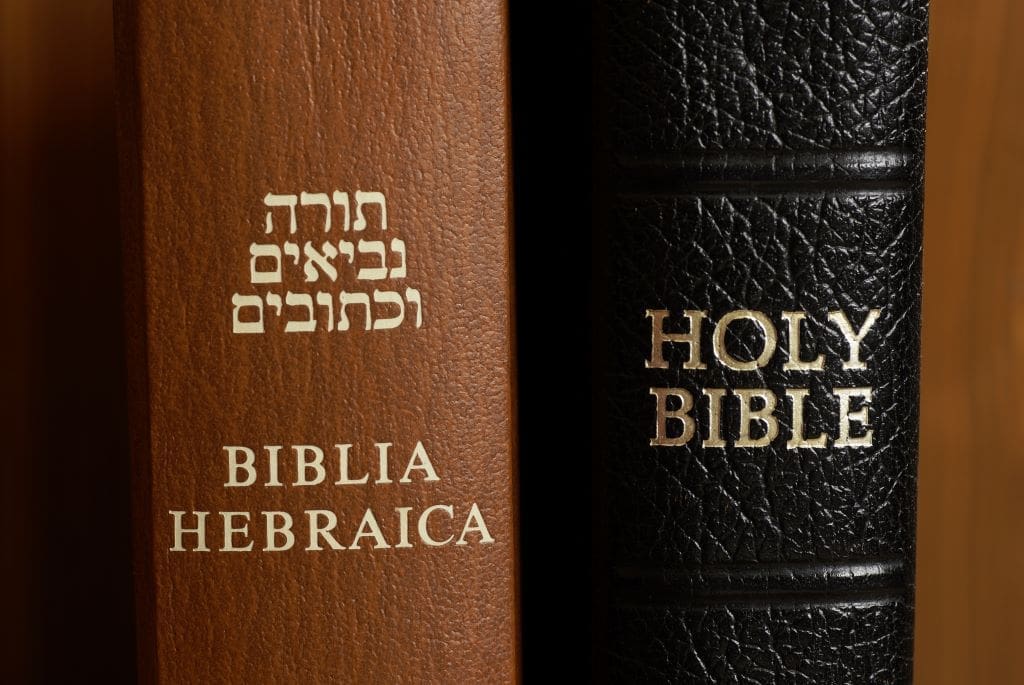
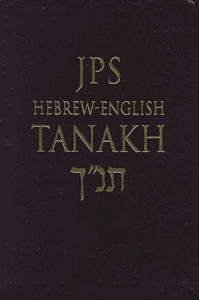

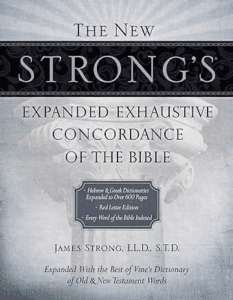


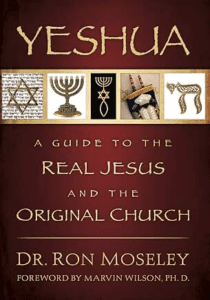

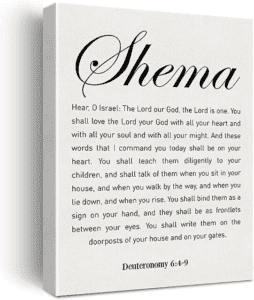
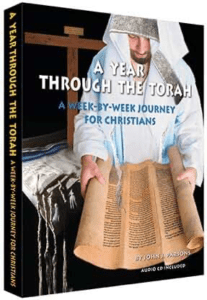


Recent Comments